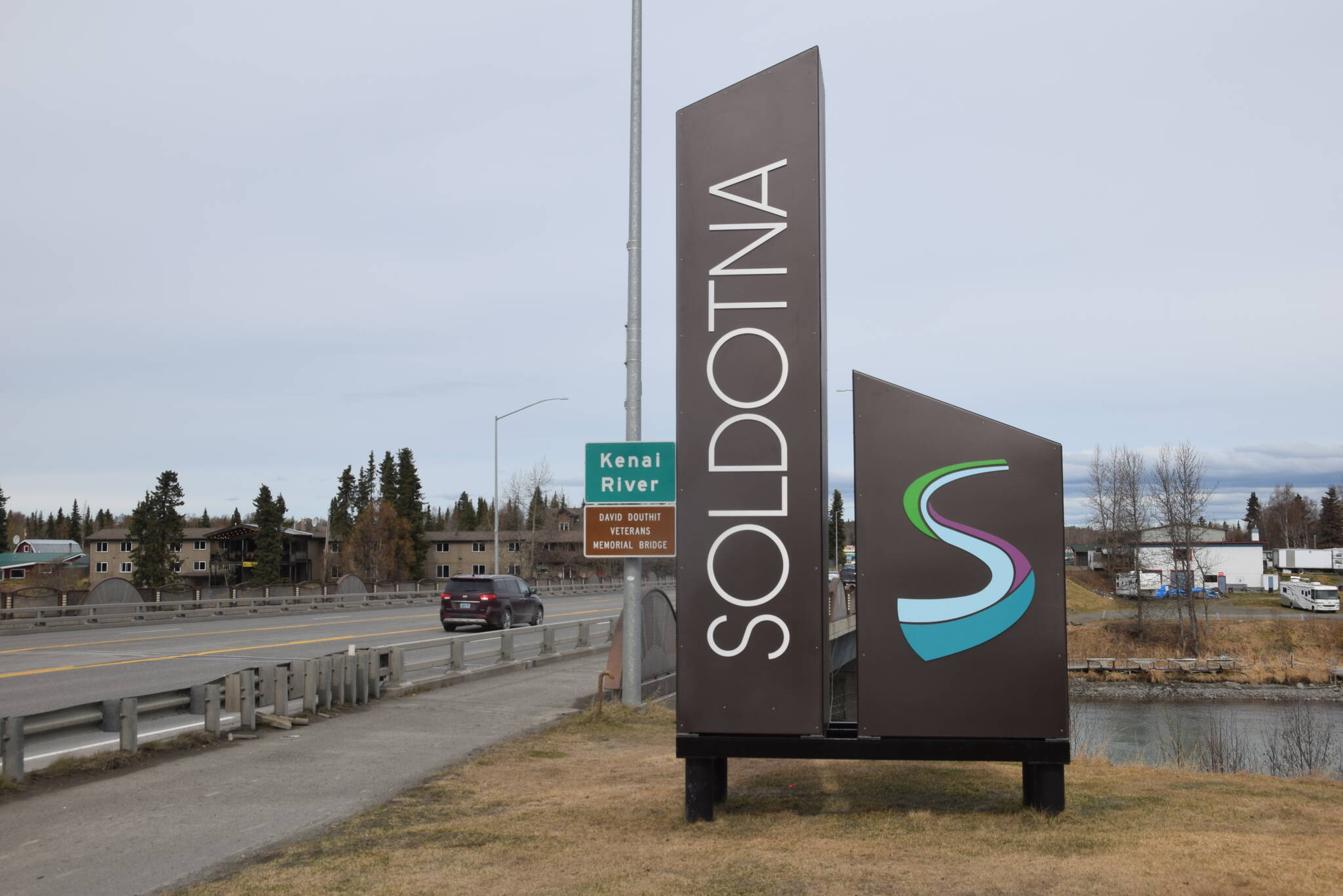The Soldotna City Council on Wednesday tweaked the language of a proposed citywide lodging tax such that city revenue generated by the tax would be deposited in a fund designated to promote tourism.
The ordinance, brought forward by Soldotna Vice Mayor Lisa Parker, would apply to people making lodging reservations within the City of Soldotna and would be applicable to all hotels, motels, inns, lodges and short-term rentals, such as Airbnbs and Vrbos. The revenue generated through the tax would be used to promote Soldotna tourism.
Under the ordinance, the city’s lodging establishments would also be required to obtain a certificate of registration from the City of Soldotna, and would be subject to a $250 fine if that registration is not obtained. People staying overnight in Soldotna for government purposes would not be subject to the lodging tax.
In proposing the new lodging tax, sometimes called a bed tax, Parker cited improvements to city amenities, such as the Soldotna Regional Sports Complex and the construction of the Soldotna Field House, that may draw more visitors into the city. A 4% lodging tax would have brought in an additional $243,000 in city revenue during the most recent fiscal year, Parker has said.
Two of Soldotna’s major lodging operations — the Aspen Hotel and the Kenai River Lodge — have already voiced their opposition to the proposed tax, saying that their occupancy rates have been down in recent years and that their industry would be uniquely targeted by the ordinance.
The only person to testify on the proposed tax during Wednesday’s meeting was Joseph Kashi, who said he supports a city bed tax, calling the ordinance “sensible” and “well-written.” Enhancements to city recreation that would be funded with the proposed tax, he said, are needed.
“I think Soldotna’s behind the times in not doing this,” Kashi said. “Most of the major cities or other destinations in Alaska do it.”
Parker successfully amended the legislation on Wednesday to create a new “Tourism Enhancement Fund,” into which city lodging tax revenues would be deposited. The amendment lists the Soldotna Regional Sports Complex, the Soldotna Field House, Soldotna Creek Park and other recreational facilities as being among those lodging tax revenues could be used for.
Council members also approved three other minor amendments to the ordinance, including updating the definition of short-term rentals, adding “tourism enhancement” to the city’s list of special revenue funds and correcting the title of the ordinance.
The Soldotna City Council will hold a second public hearing and vote on the ordinance during its Dec. 13 meeting.
Wednesday’s city council meeting can be streamed on the City of Soldotna’s YouTube channel.
Reach reporter Ashlyn O’Hara at ashlyn.ohara@peninsulaclarion.com.

